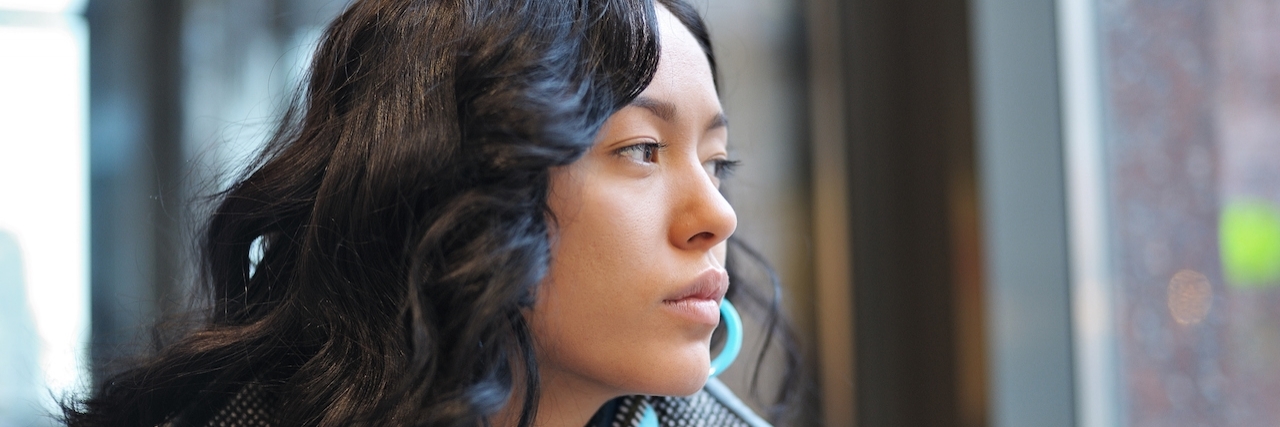I don’t know many people with eating disorders in “real life.” Through social media, I come across others, often in the early stages of their illness and typically in their late teens or early 20s, in that all too familiar cycle of partial recovery and relapse. I want to scream a warning, beg them not to let it drag on if they can possibly help it, not to make the mistakes I did. So from an unwillingly experienced traveler, here are my thoughts:
Ask for help. Scream if you have to. Repeatedly. Trust the tiny part of you that knows you need help, even when your mind finds every reason in the world why you don’t deserve it, or tells you things aren’t that bad or why other people need it more. I didn’t have support at the worst stage of my eating disorder and it reinforced the idea I could (should) do things on my own. I’d like to believe if I’d had the kind of support I’m getting now, I’d have recovered, properly recovered, years ago.
Don’t let “functioning but stuck” be your end point. Somehow, I made it from being quite underweight and unwell to a place where I was much better than I had been. I also wasn’t getting any worse. The “functioning but really not OK” place allowed me to ignore the seriousness of things. I don’t want that to happen to anyone else because it is a difficult, confusing and lonely place to be. My life wasn’t lonely. I certainly functioned, but my eating disorder created a sense of isolation. It was my issue to deal with. It began, paradoxically, as my private way of feeling OK, in control. It seemed like the only place I could find those things, but in the end, an eating disorder will always turn on you.
Do everything possible to get yourself to a place where you want to let it go. Yes, eating disorders are a mental health problem. We definitely don’t choose them and the choice to recover is not a choice in the usual sense of the word, I don’t think. You can’t just switch it off. The things that motivate recovery are different for each of us. At first, it’s a constant pull and push between feeling like you need your eating disorder and frustration at how it imprisons you. At some point, we do have to make a decision, to accept that walking the same familiar path is only going to bring the same old results. Anorexia is only going to steal more than it gives, sap you of energy and enjoyment and paralyze your ability to make true choices. I’m speaking to myself, too.
Don’t put off making changes. You go on, convincing yourself you’re fine and you’ll recover later. You’ll do it when life’s a little less stressful, when you’ve passed your driving test, achieved that first degree or gained your professional qualification. You promise yourself you’ll begin to make changes when you’ve finally met all the targets set by your eating disorder: the goal weight, the food rule, a set number of miles at a particular pace. Before you know it, years have passed, and the targets have moved so much and so often you’ve lost sight of your original goal. In the midst of it all, you’ve missed out on a million different experiences and opportunities. You stop and realize you’re trapped in a tentatively balanced world of rules, conditions and increasing expectations.
Anorexia is about anxiety. It’s about control. It’s about not feeling good enough. It’s about feeling afraid to take up space or all of the above. It’s about relentless achievement and the fear of feeling. In the end, we have to stop and consider whether the false promise is worth the loss. I promise you, it isn’t.
There will never be a “right time.” Do it now.
The Mighty is asking the following: What was the moment that made you realize it was time to face your mental illness? What was your next step? Check out our Submit a Story page for more about our submission guidelines.

